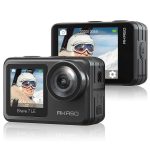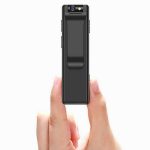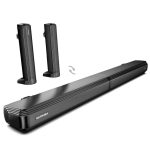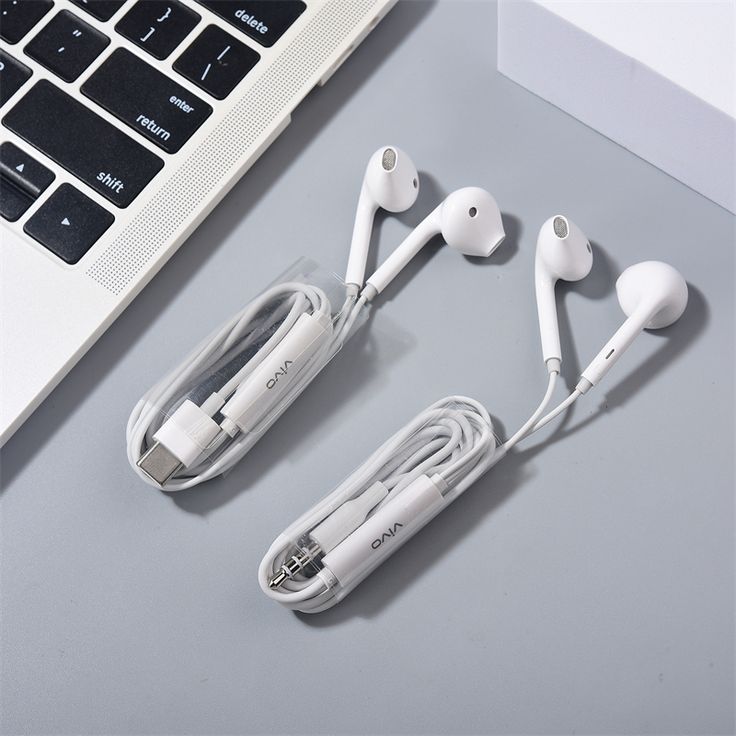Wireless charging has undoubtedly revolutionized the way we power our devices, offering a seamless and clutter-free alternative to traditional cords and plugs. However, amidst its convenience, a lingering question persists: Are wireless chargers truly as fast as their wired counterparts? Let’s dive into the world of wireless charging speeds, exploring the technology, factors affecting performance, and how it compares to the good old-fashioned plug.
Understanding Wireless Charging Technology: The Basics
Before delving into the specifics of speed, let’s briefly recap the principles behind wireless charging.
Electromagnetic Induction
At the core of wireless charging lies the principle of electromagnetic induction. A transmitter coil within the charging pad generates an oscillating magnetic field, which in turn induces an electric current in a receiver coil embedded in your device. This current then charges your device’s battery.
Qi Standard
Most wireless chargers and compatible devices adhere to the Qi standard, ensuring interoperability across different brands and models. However, various Qi-certified chargers offer different charging speeds.
The Speed Factor: Unveiling the Truth
While wireless charging offers undeniable convenience, it’s important to manage expectations regarding its speed.
-
Generally Slower than Wired Charging: In general, wireless charging is typically slower than wired charging, especially for smartphones. This is primarily due to energy losses during the wireless power transfer process and limitations in power output.
-
Charging Speeds Vary: Wireless charging speeds vary depending on several factors, including:
-
Charger Wattage: The wattage output of your wireless charger determines its charging speed. Higher wattage chargers, typically 10W or above, offer faster charging speeds compared to lower wattage ones (5W or 7.5W).
-
Device Compatibility: Not all devices support the same wireless charging speeds. Check your device’s specifications to determine its maximum supported wattage for wireless charging.
-
Battery Level: The lower your device’s battery level, the faster it will initially charge. As the battery level increases, the charging speed might slow down to protect the battery’s health.
-
Case and Material Interference: Thick or metallic cases can hinder wireless charging efficiency, leading to slower charging speeds.
-
-
Fast Wireless Charging: Advancements in technology have led to the development of fast wireless charging protocols that significantly boost charging speeds. Some smartphones and chargers support fast wireless charging up to 15W or even higher, approaching the speeds of wired fast charging.
Factors Influencing Speed:
-
Charger Wattage: As mentioned earlier, higher wattage chargers generally offer faster charging speeds.
-
Device Compatibility: Ensure your phone and charger support the same fast wireless charging protocol for optimal performance.
-
Temperature: Extreme temperatures can affect wireless charging efficiency. Avoid charging your device in very hot or cold environments.

The Environmental Impact: A Greener Choice?
As the world becomes more eco-conscious, the environmental impact of our charging habits comes under scrutiny. Let’s assess how wireless chargers fare in this regard.
-
Reduced E-Waste: Wireless charging potentially reduces electronic waste by eliminating the need for multiple charging cables and adapters, which often end up in landfills. A single wireless charging pad can accommodate multiple devices, minimizing the accumulation of electronic clutter.
-
Energy Efficiency Concerns: However, wireless charging is generally less energy-efficient than wired charging. Some energy is inevitably lost during the wireless power transfer process, leading to slightly higher energy consumption.
-
Material Considerations: The materials used in the production of wireless chargers and receivers can also impact their environmental footprint. Opt for chargers and accessories made from recycled or sustainable materials whenever possible.
Making Sustainable Choices
- Energy-Efficient Chargers: Look for wireless chargers with energy-saving features like automatic shut-off when your device is fully charged.
- Durable and Long-Lasting Products: Choose high-quality chargers and receivers that are built to last, reducing the need for frequent replacements.
- Responsible Disposal: When your wireless charging accessories reach the end of their lifespan, dispose of them responsibly through e-waste recycling programs.
The Convenience vs. Speed Trade-Off: Finding the Right Balance
The choice between wired and wireless charging often boils down to a trade-off between convenience and speed.
-
Convenience: Wireless charging offers unparalleled convenience. Simply place your device on the pad, and it starts charging, eliminating the hassle of fumbling with cords and plugs.
-
Speed: While fast wireless charging has made significant strides, wired charging, especially with high-wattage adapters, still tends to be faster in many cases.
Choosing Based on Your Needs
-
Prioritize Convenience: If you value the ease and simplicity of wireless charging, even if it takes a bit longer, it might be the perfect fit for your lifestyle.
-
Speed is Crucial: If you need to charge your device quickly, wired charging with a fast charger is usually the more efficient option.
-
Hybrid Approach: Consider a hybrid approach, using wireless charging for overnight or leisurely charging while relying on wired charging for quick power boosts when needed.

Beyond Smartphones: The Expanding World of Wireless Charging
Wireless charging technology isn’t just limited to smartphones. It’s rapidly expanding to other devices and applications, promising a future where tangled cords become a distant memory.
-
Wearable Devices: Smartwatches, fitness trackers, and earbuds are increasingly incorporating wireless charging capabilities, offering a seamless and convenient charging experience.
-
Tablets and Laptops: Some tablets and laptops now support wireless charging, eliminating the need for bulky power adapters and cables.
-
Electric Vehicles: The automotive industry is exploring wireless charging solutions for electric vehicles, potentially revolutionizing the way we power our cars.
-
Public Spaces: Airports, cafes, and other public spaces are starting to offer wireless charging stations, allowing you to top up your devices on the go.
Dispelling the Myth of “Slow” Wireless Charging
It’s a common misconception that wireless charging is inherently slow compared to its wired counterpart. While this might have been true in the early days of the technology, recent advancements have significantly boosted wireless charging speeds.
-
Fast Wireless Charging: Modern wireless chargers, especially those supporting the Qi Extended Power Profile (EPP) or proprietary fast charging standards, can deliver impressive charging speeds, rivaling or even surpassing those of standard wired chargers.
-
Charging Speeds Up to 15W or Higher: Many flagship smartphones now support fast wireless charging at speeds up to 15W or even higher. This means you can significantly reduce charging times and quickly top up your battery, even without a cable.
-
Charging Time Comparison: While wired fast charging might still hold a slight edge in some cases, the convenience and cable-free experience of fast wireless charging often outweigh the minor difference in speed.
Factors Affecting Fast Wireless Charging:
- Charger Compatibility: Ensure your wireless charger and your phone both support the same fast charging protocol (e.g., Qi EPP, Samsung Fast Wireless Charging, or Apple MagSafe).
- Power Adapter: Use a power adapter that provides enough wattage to support fast wireless charging. Most fast wireless chargers require at least a 15W or higher adapter.
- Phone Case: Thick or metallic cases can interfere with wireless charging efficiency.

Conclusion: Embrace the Wireless Future
Wireless charging, despite its slightly slower speeds compared to wired charging in some cases, offers undeniable convenience and a glimpse into the future of power management. With ongoing technological advancements, we can expect even faster and more efficient wireless charging solutions in the years to come.
By understanding the technology, choosing the right charger and accessories, and optimizing your charging practices, you can embrace the wireless revolution and enjoy a seamless and clutter-free charging experience.
So, whether you’re at home, at work, or on the go, say goodbye to tangled cords and embrace the freedom of wireless power!










